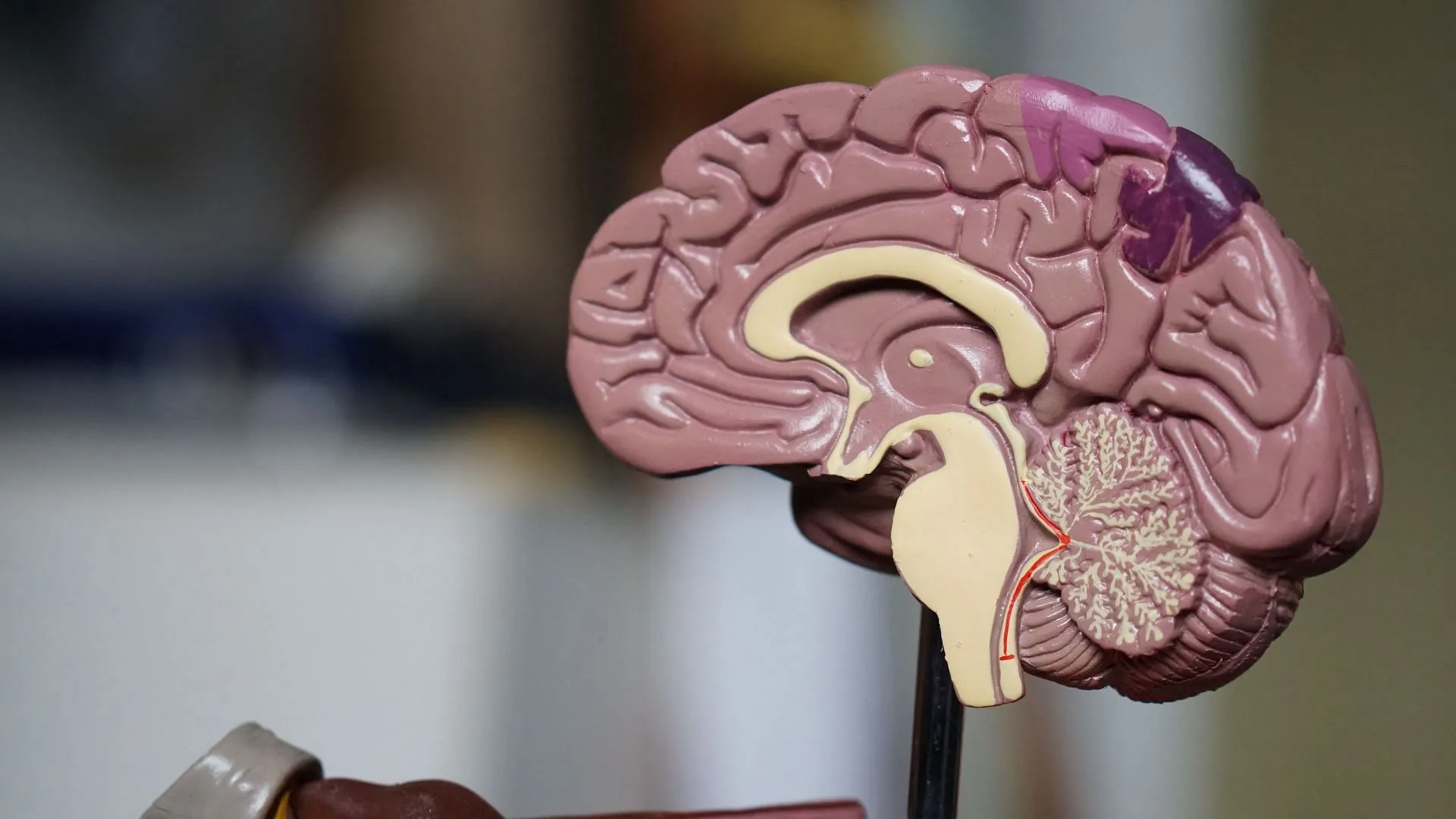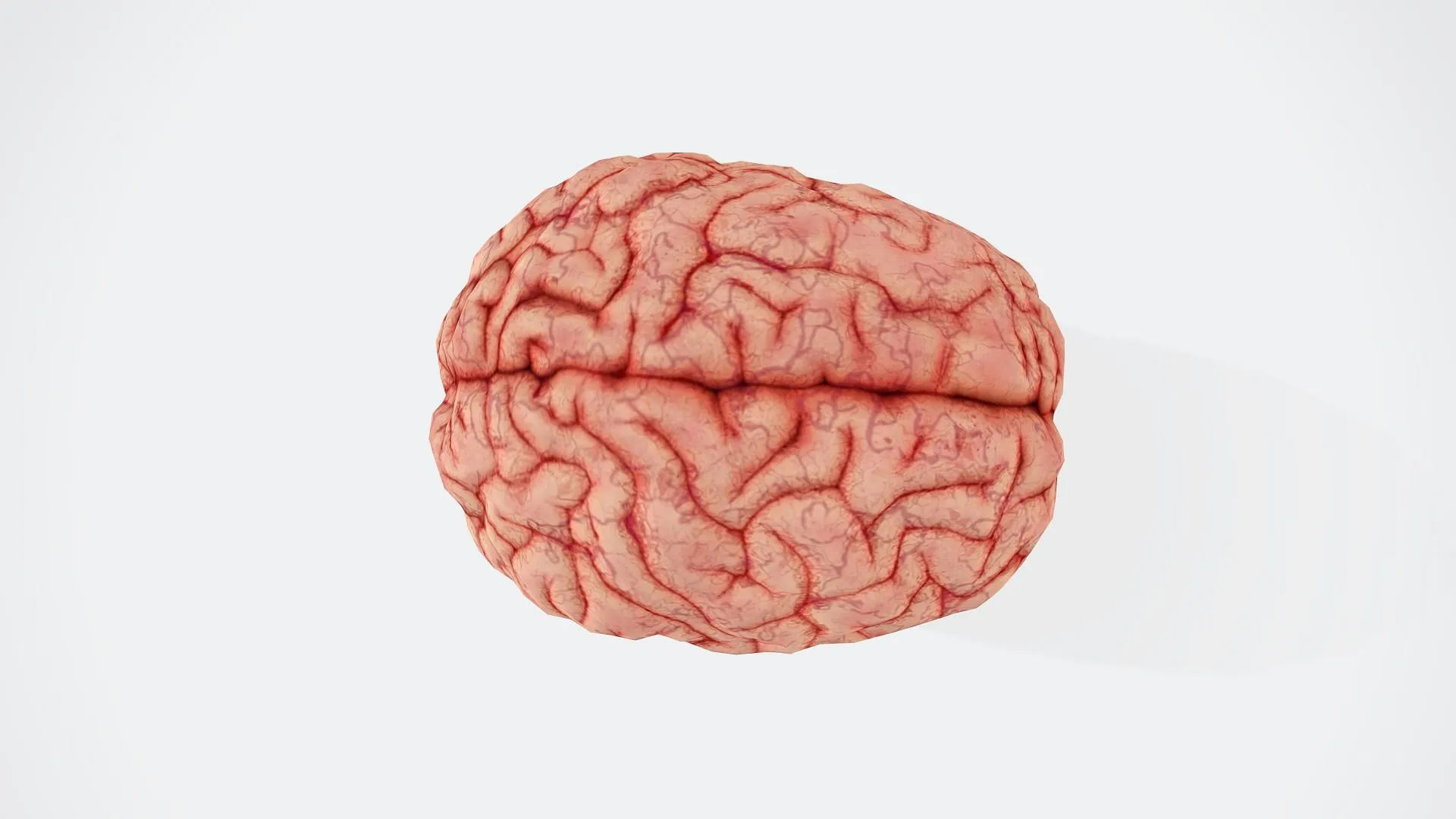Many people have experienced what is known as “winter brain,”which is a slight, temporary decline in the ability to think and remember things clearly. As temperatures drop and snow blankets the landscape, residents of the United Kingdom could be forgiven for experiencing a sudden decline in mental sharpness.
Recent research suggests that even brief exposure to chilly temperatures can affect our cognitive function, leading to temporary memory loss. The study involved exposing participants to cold temperatures and then asking them to recall lists of words.
Besides the physical discomfort of the cold, studies suggest that even brief exposure to chilly temperatures can affect our cognitive function, leading to temporary memory loss.
Memory and thinking skills might not be as sharp in winter

A study published in the National Library of Medicine has focused more on the relationship between cold weather and cognitive performance. The research showed that cold air can impair cognitive function, including memory, attention, and cognitive speed, even in individuals who are otherwise healthy.
Researchers analyzed previous studies and found that in 15 out of 18 cases, acute cold exposure resulted in a decline in cognitive function. The most affected areas were attention and processing speed, executive function, and memory.

Surprisingly, the brain fog caused by the cold weather continued even after exposure to warmer temperatures and during passive re-warming.
The implications of this research are significant, highlighting the connection between our environment and cognitive abilities. A spokesperson for Tutor House, commenting on the research, emphasized the need for proactive measures as the colder months approach. They stated that while the brain can adapt to varying temperatures, it also underscores the importance of taking steps to protect our cognitive health.
Here are some steps to take to get rid of cold weather
To prevent memory loss caused by colder weather, here are some simple strategies individuals can employ during the winter months:

1) Dress warmly
Layer up with warm clothing to maintain a comfortable body temperature, especially when going outside.
2) Stay informed
Keep an eye on weather forecasts to anticipate cold days and prepare accordingly.
3) Control indoor temperature
Maintain a comfortable temperature in your living and working spaces to help you stay focused.
5) Stay physically active
Regular exercise can boost blood circulation and overall health, helping your body regulate temperature more effectively. Recent studies have suggested that just a few minutes of high-intensity exercise can benefit brain health.
6) Eat a healthy diet
Consuming a balanced diet with essential vitamins and minerals supports brain health and resilience against environmental stressors.
While winter weather may contribute to temporary memory loss, it’s important to remember that other factors can also affect brain health. Dr. Jennifer Newson, a neuroscience consultant, explains that our brain health is influenced by factors such as diet, exercise, sleep patterns, and exposure to harmful chemicals. Taking these factors into consideration and making positive lifestyle choices can help support overall brain health.
As we enter the winter season, it is crucial to be aware of the potential impact of cold weather on cognitive function. By implementing these proactive measures and adopting a healthy lifestyle, we can protect our cognitive abilities and promote mental well-being throughout the year.




Leave a Reply